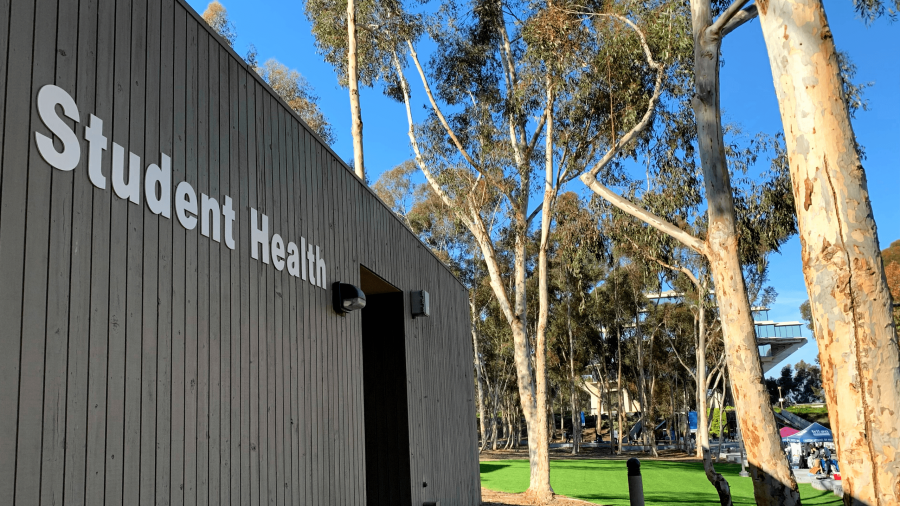This article is a part of our news series on the COVID-19 pandemic. For information on how to prevent the spread of the virus, click here.
UC San Diego held an informational webinar on the 2019 Novel Coronavirus on Jan. 30, 2019 as global anxieties surrounding the virus continue to grow. The webinar came shortly after the San Diego County Health and Human Services Agency announced that they were working with the Center for Disease Control to test a local patient for the virus, the results of which came back negative later that night.
The 2019 Novel Coronavirus, also known as 2019-nCoV, is a respiratory virus which was first detected last month in Wuhan, China. The World Health Organization classified the virus as a global health emergency on Jan. 30, as the virus has continued to spread around the globe.
The webinar, which was held in conjunction with UCSD Health, gave an overview of the current situation and provided an opportunity for students to ask questions about the virus to Francesca Torriani, UCSD Health’s Director of Infection Prevention and Hospital Epidemiology, and Stacie San Miguel, the Student Health Services Director of Medical Services.
The UCSD administration had previously sent out three emails in regards to the developing situation. In one such email, Chancellor Pradeep Khosla answered questions on how students could stay protected from any potential exposure to the virus.
“Our leadership and health care experts are in continuous contact with the Centers for Disease Control and Prevention (CDC), the California Department of Public Health, and the San Diego County Public Health for updated information on the outbreak, and for any changes in the protocols to screen, identify and diagnose potential cases of [coronavirus],” Khosla wrote. “If cases occur, UC San Diego will collaborate with the CDC and San Diego Public Health to prevent, isolate, and control the spread of this infection.”
Globally, the virus has continued to spread, with over 9,800 confirmed cases being reported as of Jan. 30. The vast majority of these cases have been in China, with the death toll for the country being reported at 213 as of Jan. 31.
As of Jan. 30, there have been six confirmed cases of the virus in the United States, with one in Washington state, one in Arizona, and two each in California and Illinois. The first person to person transmission of the disease in the US was reported in Chicago on Jan. 30.
While no cases of the virus have yet been confirmed in San Diego, the HHSA and CDC were investigating a potential case of the virus, which was confirmed to be negative on Jan. 30. The anonymous patient had recently traveled to Wuhan.
International and local governments have taken a variety of actions to respond to the growing epidemic. Shortly after the virus began spreading within Wuhan, Beijing cancelled flights to and from the region, limited ground transportation to and from the city, and began the rapid construction of new hospitals capable of providing care to thousands of people.
Elsewhere, countries like Italy have canceled flights to China, while Russia imposed a partial closure of its border with the country and suspended electronic visas for Chinese citizens.
In San Diego, the CDC set up a quarantine station near the San Diego International Airport, making the city one of twenty within the US to have one of these stations.
Xenophobic anti-Chinese sentiments have grown as the virus has continued to spread. Some businesses in neighboring countries have refused service to Chinese customers, while Asian businesses in cities like San Diego have seen a decline in sales as a result of growing concerns surrounding the virus.
At UCSD, memes about the virus have made their way to pages like UCSD Memes for Sleep Deprived Teens, some of which have been at the expense of Chinese students. This has drawn some criticism from the on-campus international student community.
At the time of this article’s publication, no confirmed cases of coronavirus have been reported on the UCSD campus or within the city. Students who have recently been to Wuhan and have difficulty breathing or have a fever with a cough are encouraged to visit Student Health Services as soon as possible.
The UCSD Guardian will continue to monitor this story as it develops.
Photo by Jacob Sutherland for the UCSD Guardian.














